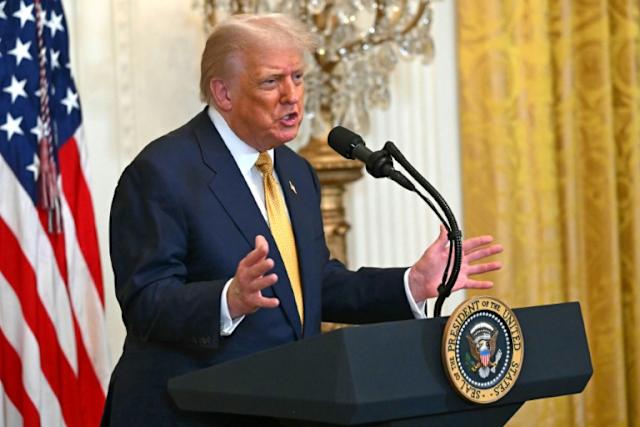US President Donald Trump has signed an executive order slashing tariffs on Japanese car imports from 27.5% to 15%, marking a significant shift in trade relations between the two economic powerhouses. The order, formalising a deal first announced in July, is expected to ease months of uncertainty in the global motor industry and provide relief for Japanese manufacturers such as Toyota, Honda, and Nissan.
The agreement applies a uniform 15% levy to nearly all Japanese exports to the United States, including vehicles and pharmaceuticals. In return, Tokyo has pledged to invest $550 billion (£410bn) in US projects and expand access to its domestic markets for American goods, particularly in the agriculture sector.
As part of the deal, Japan will increase purchases of US goods by $8 billion annually, covering agricultural products, fertilisers, and bioethanol. It has also agreed to boost imports of US-grown rice by 75% a sensitive concession given longstanding protections for its domestic farmers.
Trump hailed the accord as “massive” when it was announced earlier this year. “It’s a great deal for everybody,” he said. “I always say it has to be great for everybody. It’s a great deal.”
The move follows Trump’s sweeping tariff measures imposed in April, which rattled international markets and strained ties with key trading partners. Japan, heavily reliant on exports and with the US as its largest market, had been among the hardest hit. Automobiles account for about 20% of Japan’s total exports, making the tariff cut a crucial lifeline for its carmakers.
Toyota recently warned that US tariffs could cost it an estimated $10 billion this year, underscoring the scale of the threat posed by Trump’s earlier protectionist policies. News of the executive order triggered an immediate boost in investor confidence, with shares of Japanese automakers and parts suppliers rising sharply in Tokyo on Friday.
The White House framed the deal as a step toward reducing America’s trade deficit with Japan while creating new opportunities for US businesses. For Tokyo, the agreement represents a balancing act safeguarding its export-driven economy while conceding ground to Washington on sensitive agricultural imports.

